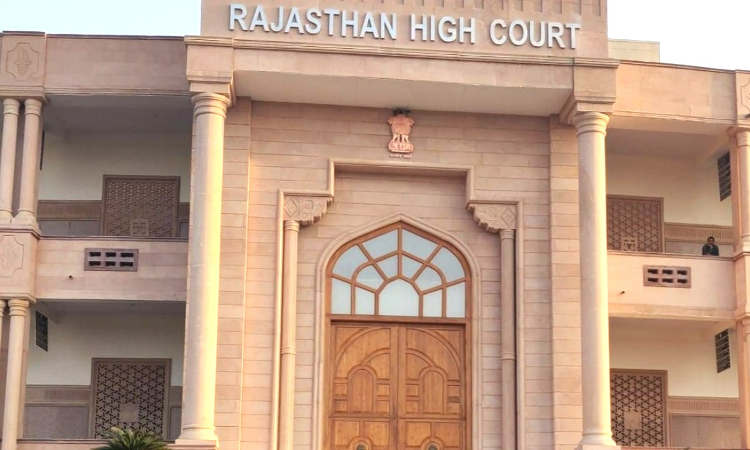Widowed Daughter-In Law Also Part Of Family, Can Seek Compassionate Appointment Under 1996 Rules: Rajasthan High Court
Sebin James
13 Feb 2024 5:14 PM IST

Next Story
13 Feb 2024 5:14 PM IST
In a pertinent decision, Rajasthan High Court has held that a 'widowed-daughter-law' comes within the meaning of 'widowed daughter' mentioned as a 'Dependent' in Rule 2(c) of Rajasthan Compassionate Appointment of Dependents of Deceased Government Servants Rules, 1996.The Division Bench comprising Dr. Justice Pushpendra Singh Bhati and Justice Rajendra Prakash Soni was of the opinion...
